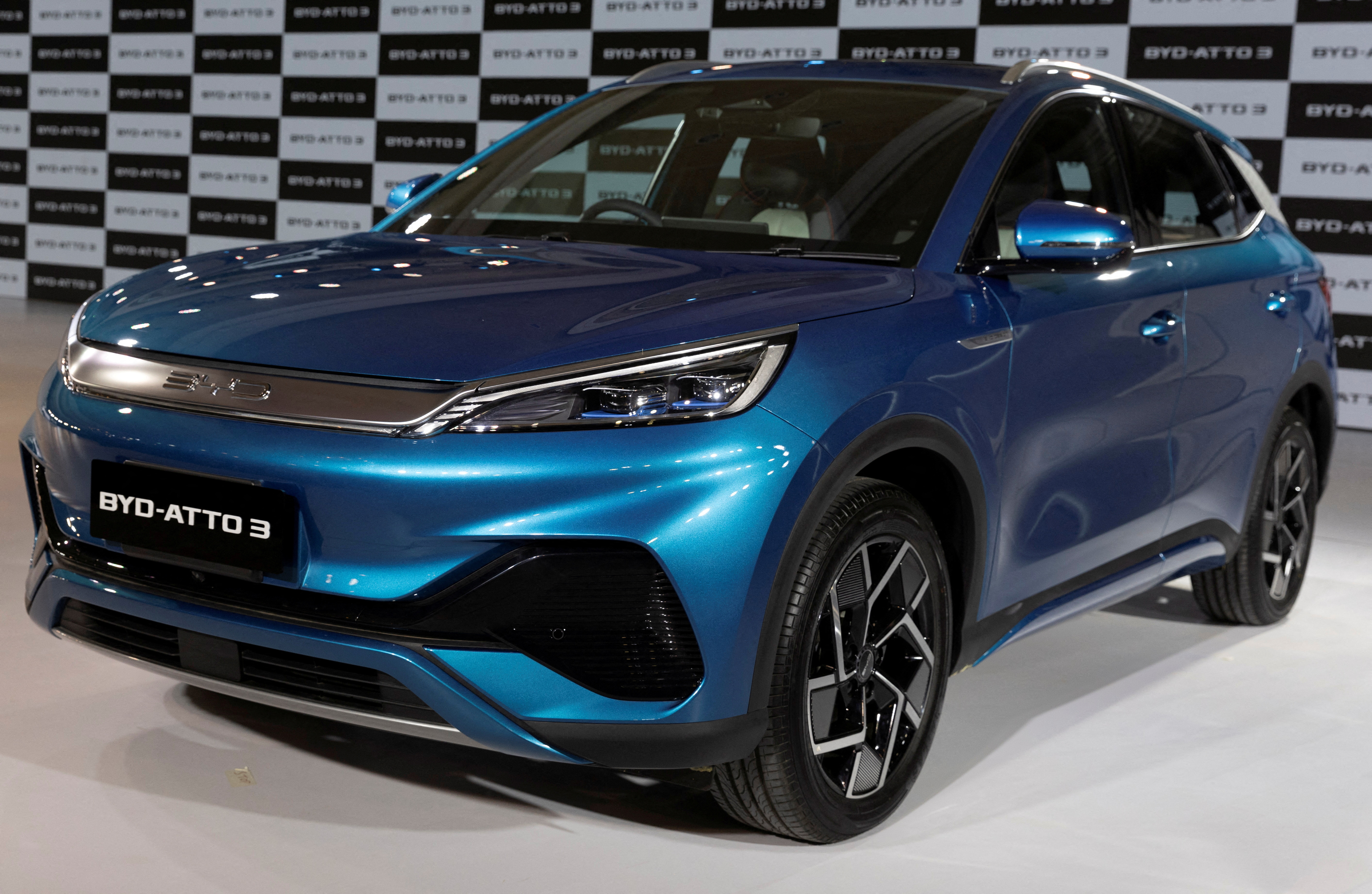
However, India's current FDI rules for the automobile sector are stringent, especially regarding investments from countries with which it shares borders, including China. This geopolitical complexity has slowed the approval process for BYD's plan. The company’s proposal was reportedly stalled, reflecting broader concerns in the Indian government about potential risks associated with Chinese investments in critical industries.
Despite this, BYD remains hopeful. With global ambitions to expand its EV production, the company has already built a considerable footprint in several other international markets, from Europe to Southeast Asia. India, one of the world's largest automotive markets, presents a lucrative opportunity for growth, especially as the government pushes for widespread EV adoption.
The Indian government, on its part, has been cautious about granting large-scale investments from Chinese entities following the border tensions in 2020. Since then, many proposed Chinese investments in India have faced intense scrutiny. The government's stance is rooted in concerns over national security and economic sovereignty, especially in sectors deemed sensitive, such as automotive manufacturing, technology, and telecommunications.
While BYD has not received direct approval, it remains committed to exploring opportunities in the country. The company is already active in the Indian market, selling electric buses and some passenger vehicles. It also launched the Atto 3 electric SUV earlier this year, which has gained popularity in the premium EV segment. Despite its limited sales footprint in India, BYD sees significant potential as the market matures.
The Indian EV industry has been experiencing rapid growth, with major domestic automakers like Tata Motors and Mahindra ramping up their electric car portfolios. International players, including Tesla, are also eyeing entry into India. However, the path forward for BYD hinges on India’s policy approach to foreign investment, particularly whether the country will ease its rules to allow deeper participation from China-based firms.
India's EV adoption is driven by government incentives aimed at reducing pollution, cutting oil imports, and developing a homegrown EV ecosystem. For automakers like BYD, India offers vast potential with its large middle class and increasing urbanization. Still, uncertainties around regulatory approvals and FDI policies remain a significant hurdle.
BYD's aspirations to make India a key manufacturing hub reflect a broader trend of Chinese EV makers expanding globally. With the world’s largest EV market at home, Chinese companies are leveraging their expertise and scale to compete internationally. However, in India, the road to achieving such goals is fraught with regulatory challenges that require careful navigation.
